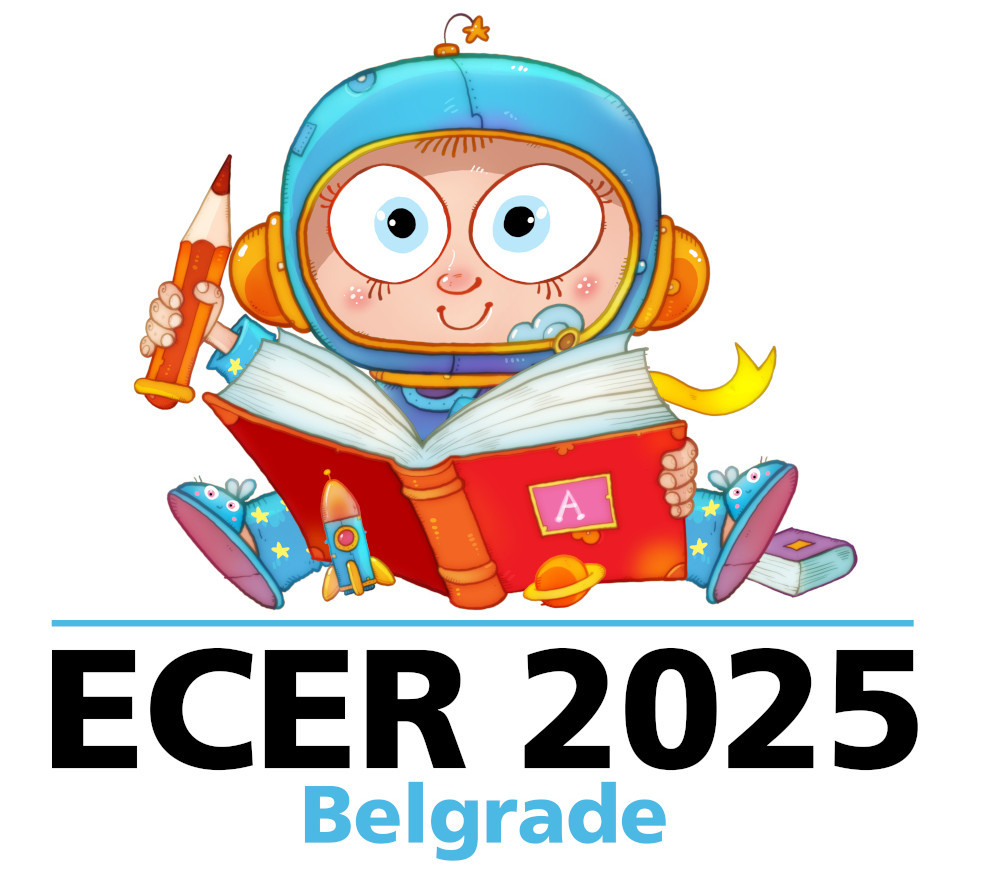- Session: 00 SES 0.5 WS C: From the Margins to the Mainstream (or) what happens when every education becomes an environmental education?
- Time: 10:00 - 12:00
- Organising Body: Network 30: Environmental and Sustainability Education
- Facilitators: Elsa Lee
- Registration: No registration required
Workshop Description:
In Belgrade in 1975, a meeting was held by members of UNESCO, responding to a call from the 1972 UN Conference on the Human Environment in Stockholm to make environmental education that could help to address environmental issues worldwide. The outcome of this meeting was the Belgrade Charter (International Workshop on Environmental Education; The Belgrade Charter: a framework for environmental education; 1975). This seminal document provides the foundations for much of what has come to pass in our field and network, Environmental and Sustainability Education Research, since. It includes aspects that have become central discussion points, like the role of attitudes and behaviour, supplemented and reconsidered by an emphasis on political action. Other concerns have a renewed relevance in the current moment, like the call for disarmament.
In fact we might argue that the current expansion in our field is in part due to the work that was done at that time. For example, the charter calls for interdisciplinarity – it is increasingly evident that environmental education is becoming more and more prevalent in different academic disciplines and social and economic sectors, also brought about by the impacts of United Nations’ Agenda 2030: Transforming Our World and the Sustainable Development Goals.
Nevertheless, in the decades before 2013, when Network 30 was initiated, collaborating and sharing ideas between people who were working on questions relevant to ESE was challenging, marginal, and piecemeal, often relying on individual researchers and institutions to make and maintain connections. While transnational organisations such as UNESCO could bring people together, these opportunities tended to be limited to a small number of established researchers.
In 2025, 50 years after the declaration of the Charter, Belgrade is the setting for the European Conference on Educational Research and a different picture seems to be emerging. The recent review of the ECER abstracts database carried out by EERA has shown a rapid and intense rise in the prevalence of issues relevant to Network 30: Environmental and Sustainability Education Research. This is testament to the effectiveness of EERA’s individual networks to provide a gathering place for people, and the consequent impact on growing and developing a field within a network.
What is more, this abstract review shows that issues related to ESE are also spreading beyond the confines of Network 30. They are coming up in conversations in many other networks during ECER.
This is something to celebrate, of course, but the question emerges: what happens to the identity of a field when the topics it explores become relevant to all fields? How does our research respond to and feel the effects of the movement of our work from the margins to the mainstream in this way? What happens to the canon of knowledge from within a field when it becomes so dispersed?
This meeting in Belgrade 50 years after the Charter is an opportunity to consider our identity as a field. How do we move forward as a field through the work we do in ESER, and how can the relevance and presence of the canon of knowledge be made visible to people working in other fields, but touching on the work we do in ESER.
It is also an opportunity to celebrate this movement from margin to mainstream, by considering how things have changed since the charter in Belgrade 50 years ago, and what directions we might like to see for the future.
To achieve some of this, ee will have a panel of speakers from within and beyond Network 30 who will provide provocations for group discussions and a wider whole group discussion, led by our discussant, Paul Vare. These discussions will be recorded via online tools and through art, and will feed into the event that will take place in Tampere in 2026.
Alongside the reflections and provocations from our speakers, the questions below may guide us:
- What elements of the Belgrade Charter can and cannot be recognized in this movement from the margins to the mainstream?
- What is the role for a network at a time where the substantive focus of the field moves from the margins to the mainstream? For us, what happens to our field when every education becomes an environmental education?
- How can we maintain our identity and curate the knowledge from many years of work in this space? What is the canon of knowledge and where is it held?
- How does mainstreaming contribute to reproduce and transform unsustainable imaginaries, structures and practices, including global injustice?
- What does it mean to address, question and explore the environmental from both within and beyond the boundaries of our field?
- What political, ethical and existential considerations are called for?
- What (new) ways of researching and understanding are needed to help us to navigate these shifts? How can we work to chart(er) the way forward?
- What might a Belgrade Charter look like in 2025?
Requirements - IMPORTANT:
- You are only eligible to attend this workshop if you are registered as participant of ECER.

Important Dates ECER 2025
01.12.2024 | Submission starts |
31.01.2025 | Submission ends |
01.04.2025 | Registration starts |
01.04.2025 | Review results announced |
15.05.2025 | Early bird ends |
25.06.2025 | Presentation times announced |
30.06.2025 | Registration Deadline for Presenters |
08.09.2025 | ERC First Day |
09.09.2025 | ECER First Day |
Conference Venue
Main Building (Check-in etc):
University of Belgrade
Faculty of Philology
Studentski trg 3
Belgrade

Ed Research in Serbia
While preapring for ECER 2025, read the Blog Post introducing some specifics of educational research in Serbia.
Towards reconnecting within and beyond the educational research community in Serbia